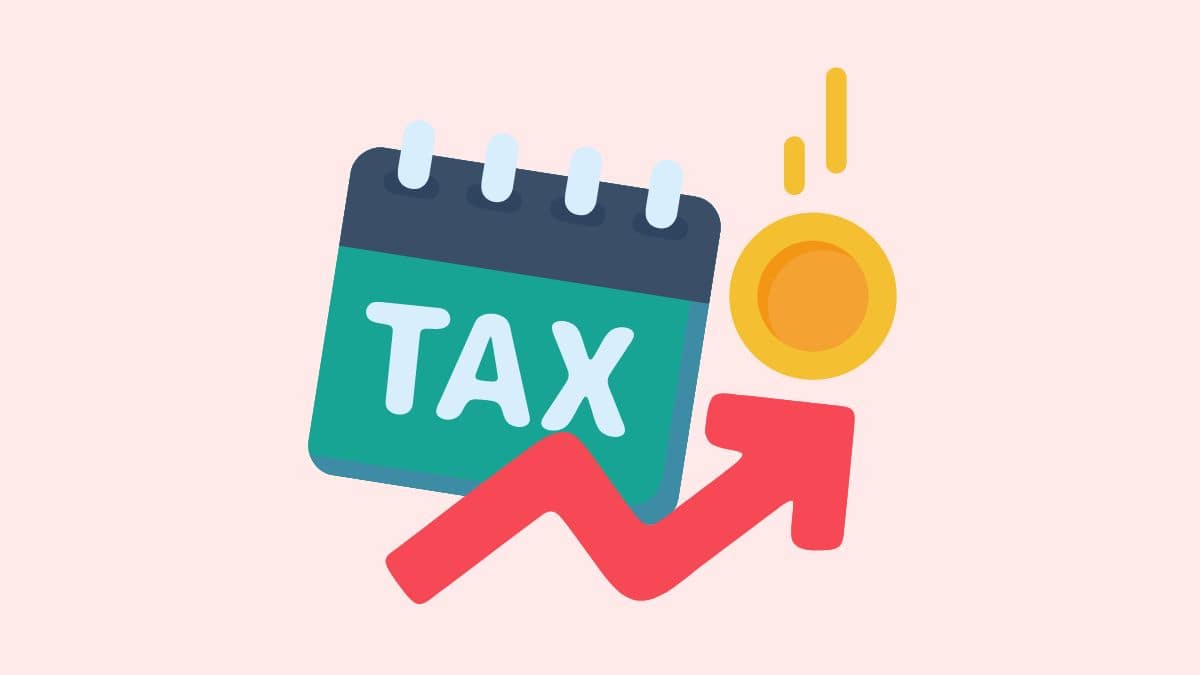Many of us will see a bump in our pay this month, but before you start planning a lavish holiday with that extra cash, let’s be realistic about what this actually means for your everyday budget.

Starting from 30th April, many people working in the UK may notice they have a bit more money than usual in their bank accounts.
This is because the government has cut the amount of National Insurance (NI) everyone pays.
Get a free £10 bonus with Swagbucks
Earn a bit of extra money in your spare time with surveys, videos, and simple tasks you can do at home.
New users can get a £10 bonus when they sign up.
Get the £10 bonus
For the “average worker”, this could mean saving over £900 each year!
And that’s the headline the government are pushing.
But how much will people really get extra? And what does “average” mean?
£900 sounds like a decent amount extra. It sounds great on paper, doesn’t it?
But let’s break it down – that’s roughly £75 a month.
In the grand scheme of things, where prices for just about everything are soaring, how far can an extra £75 really stretch?
Maybe it covers the weekly family takeaway or fills up your car’s fuel tank (if you’re lucky).
How much more are you likely to get?
Millions of workers will receive a tax cut when they get their next payslip on 30 April. This is due to the announcement from the Spring Budget coming into effect (NIC rate dropping from 10% to 8%).

To be an “average worker” who saves £900, you need to have an average salary of £35,400.
If you earn less than this, you will save a lot less a year through the tax cuts.
Here’s a look at how different workers benefit from these tax cuts, based on examples given by the government:
- A family where two earners both receive the average salary (£35,400) will have an extra £1,826 in their pocket each year.
- A typical self-employed plumber on £34,361 will be better off by £846.
- A cleaner working night shifts for £21,058 will be better off by £340.
- An average full-time nurse on £38,900 will be better off by £1,053.
- A senior nurse with five years experience on £42,618 will be better off by £1,202.
- The average police officer on £44,300 will be better off by £1,270.
- A typical junior doctor on £65,000 will be better off by £1,508.
- The typical teacher on £44,300 will be better off by over £1,270.
Do none of these people sound like you?
HMRC has an updated online tool that helps you see how much you could save this year due to the National Insurance tax cuts.
So, let’s look at a couple of other examples:
The National Minimum Wage is £11.44 an hour from 1 April 2024, giving a full-time employee working a 40-hour week a £23,795.20 (before tax) salary.
With the NIC tax cuts, you’ll save £225 over 12 months, estimated at around £19 per month.
- Paid £13,000 a year – save £9 a year (around £1 a month)
- Paid £14,000 a year – save £29 a year (around £2 a month)
- Paid £16,000 a year – save £69 a year (around £6 a month)
- Paid £18,000 a year – save £109 a year (around £9 a month)
- Paid £20,000 a year – save £149 a year (around £12 a month)
However, you also need to factor in fiscal drag to any of these savings, and it will actually see many worse off.
Someone earning £35,00 a year will likely save only £340 a year, and if you earn under £26,000, you will be worse off.
Does this help the economy?
The government is pushing to make the economy stronger.
The government hopes that by cutting taxes, people will want to work more hours. Then, when people have more money, they tend to spend more, which can help create jobs and strengthen the economy.
Saved a few quid with our tips?
If Skint Dad has helped you spend less or feel more in control of your money, you can support the site with a small contribution.
- I was sent a fake HMRC tax notice. Here’s how to spot the scam - 8 January 2026
- A once-a-year money check most families forget (with rough savings) - 6 January 2026
- The January bills reality check: the traffic light method that works - 1 January 2026
